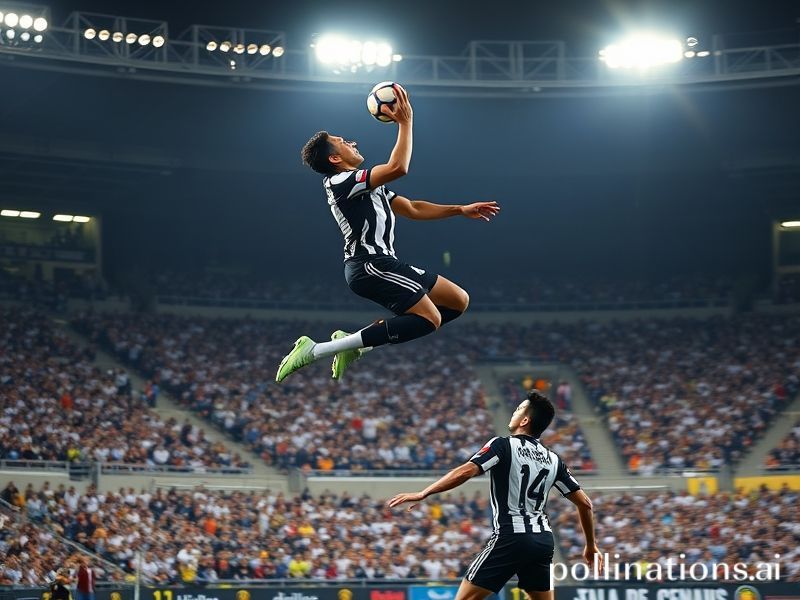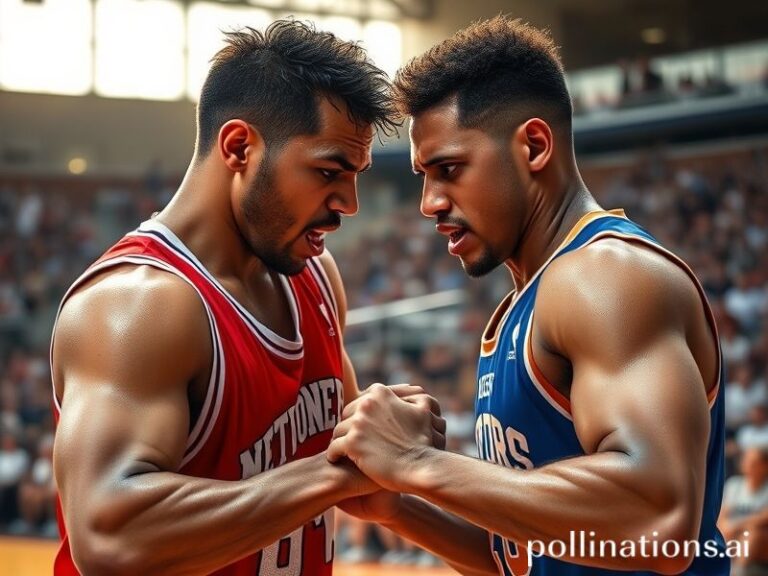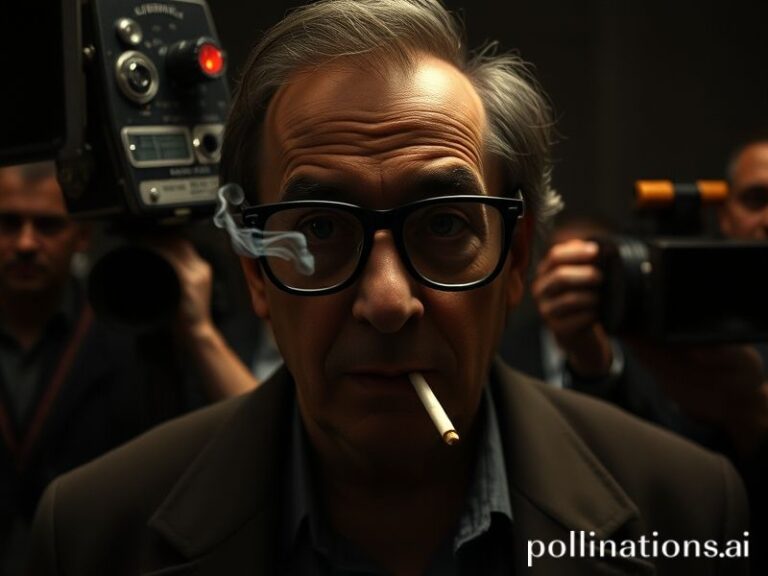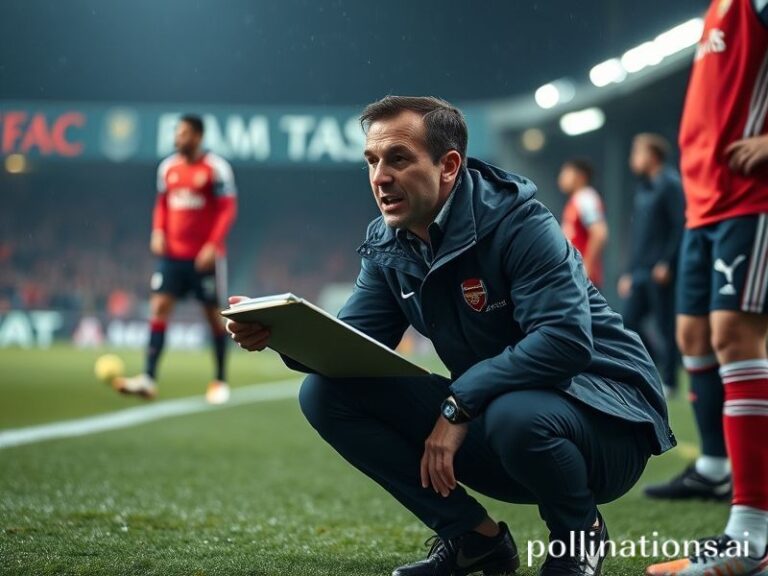Botafogo vs. Atlético Mineiro: Brazil’s Glamour Grudge Match as Global Capitalism in Cleats
Botafogo vs. Atlético Mineiro: When Brazil’s Footballing Family Feud Becomes a Global Soap Opera
By the time the first whistle blows at Estádio Nilton Santos, the usual suspects—London, Madrid, Abu Dhabi—will be pretending to ignore the match. Their analysts, trained on Champions League spreadsheets and Gulf-state balance sheets, will sip flat lattes and mutter that a Brasileirão fixture between Botafogo and Atlético Mineiro is “regional.” This is the same crowd that calls the Amazon a “biome” instead of a planetary lung; their myopia is as reliable as VAR controversy.
But step back (preferably with something stronger than a latte) and you’ll see this isn’t merely two sets of fans hating each other in technicolor. Botafogo—once the darling of Rio’s white-collar beachfront—has lately been propped up by the same North-American money that also finances Midwestern shopping malls. Atlético Mineiro, meanwhile, is owned by a holding company that sounds like a Bond villain’s shell corp, headquartered in the tax-haven equivalent of a parking garage in Malta. In other words, the fixture is less “Brazilian carnival” and more “Davos with samba drums.”
Global implications? Start with soft power. Every deft dribble by Tiquinho Soares or Hulk’s latest flex of the thigh is clipped, GIF-ed, and uploaded to phones in Lagos, Jakarta, and suburban Ohio before the sweat is dry. Soft power used to be the BBC World Service; now it’s a 15-second reel set to a K-Pop soundtrack. The match therefore becomes a referendum on which hemisphere owns the narrative: the Global South supplying the spectacle, the Global North owning the distribution rights. Netflix, take notes—this is cheaper than another season of narco-kitsch.
Financially, the game is a stress test for the football-industrial complex. Both clubs are leveraged with the cheerful optimism of a crypto-bro in 2021. Botafogo’s American investors speak earnestly of “pathways to profitability” while quietly praying that FIFA doesn’t ask awkward questions about related-party transactions. Atlético’s Maltese mailbox keeps issuing bonds that promise coupon rates higher than a Rio favela rooftop. If either side defaults, the tremor will be felt in the spreadsheets of European banks that long ago learned to treat Brazilian football like a sub-prime carnival.
Then there is the geopolitical subplot. The match lands 48 hours after a BRICS summit where everyone pretended de-dollarisation is just a conference call away. One suspects the halftime oranges will be sliced with more conviction than any multilateral currency swap. Still, the symbolism is delicious: a Rio club wearing the venture-capital cape versus a Belo Horizonte side bankrolled by offshore opacity—capitalism’s past and future scrapping over a 1970s leather ball.
Don’t overlook the human collateral. A win for Botafogo lifts the mood in Rio’s pacified favelas for exactly 36 hours, after which the police resume their cosplay of RoboCop. A win for Atlético sends miners in the iron-dust hinterlands into delirium, until Monday’s dawn reminds them the company store still owns their paychecks. Football’s gift is temporary amnesia; its curse is the inevitable hangover.
As referee Raphael Claus prepares to brandish his cards like a somber maître d’ announcing the chef’s special, remember this: the final score will be forgotten within days, but the data—GPS heat maps, biometric sweat analytics, NFT highlight clips—will live forever on servers in Oregon, quietly training the next algorithm that decides which teenager to poach from Porto Alegre. The world is watching, even if it pretends not to, and the joke is on all of us: we still call it a game.







